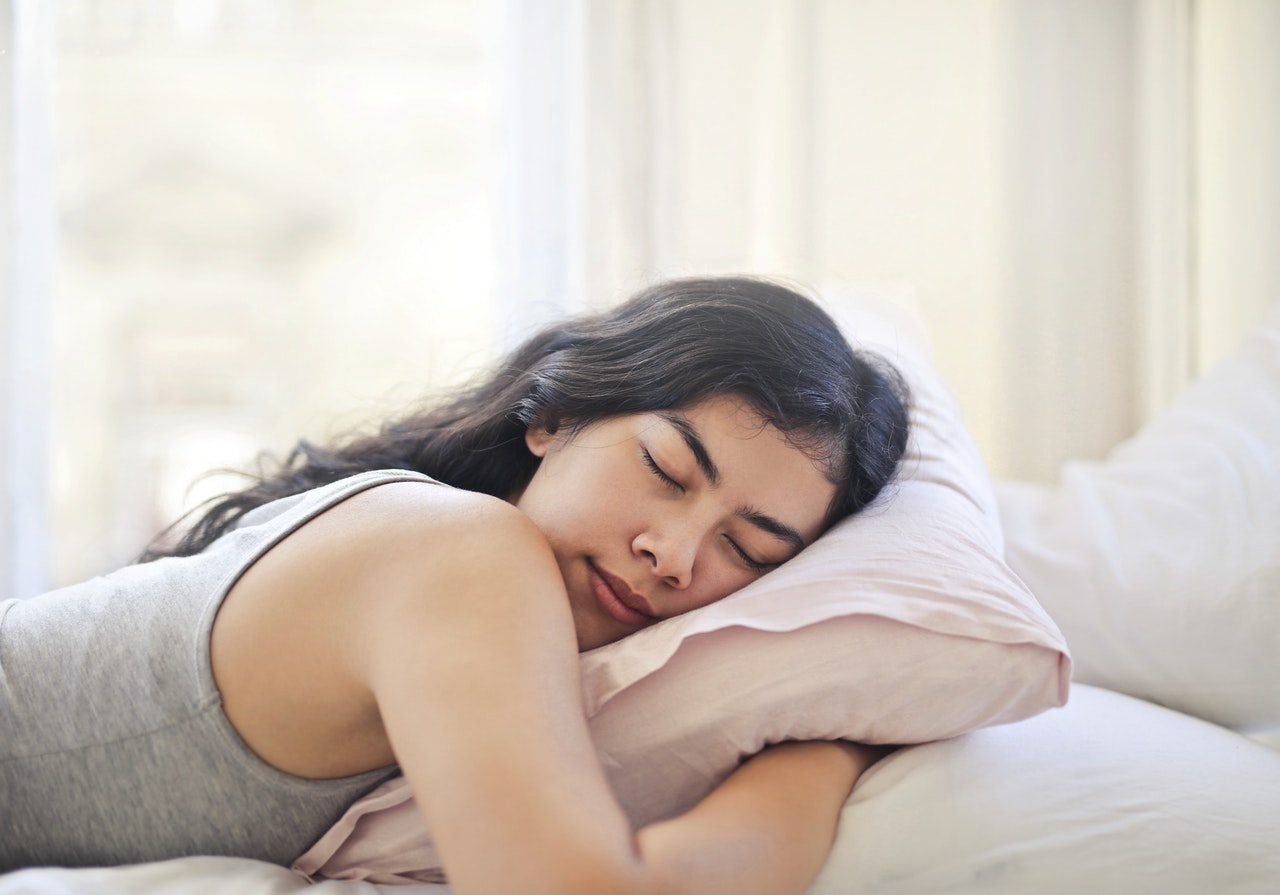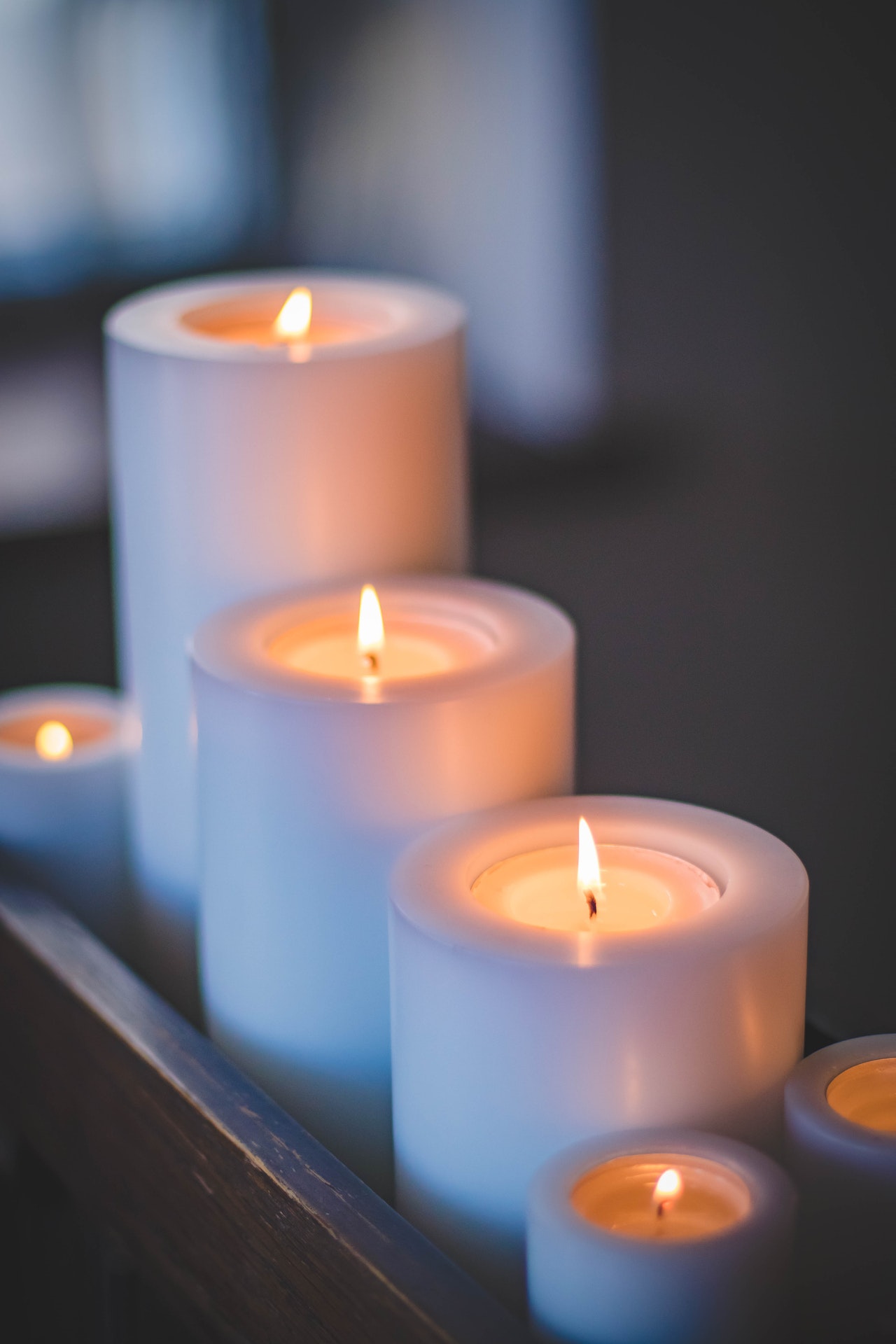When it comes to managing a healthy weight, most people think of diet and exercise. However, did you know that sleep is also an important factor?
It’s true – poor sleep has actually been directly linked with weight gain, and many of us aren’t getting enough. In fact, 30% of adults are getting less than 6 hours of sleep a night, on a regular basis. Short sleep duration is one of the largest contributing factors to obesity in both children and adults. This study shows that a short sleep duration increased the risk of obesity by 89% in kids and 55% in adults.
How are weight and sleep related?
To establish the relationship between sleep and hunger, we first have to understand the role of a few important hormones. The two most important to consider are called ghrelin and leptin. These hormones are responsible for controlling our feelings of hunger and fullness. A lack of sleep can throw these hormones off-balance causing alterations to the appetite and desire for high-calorie foods.

Ghrelin is a hormone released in your stomach, responsible for signaling the brain that you are hungry. Levels of ghrelin are at their highest right before you eat and decrease once you are digesting. Leptin is a hormone, released from our fat cells, that suppress hunger or signal your brain that you are full.
A lack of sleep increases the production and release of ghrelin while simultaneously decreasing the release of leptin. This can cause you to feel more hungry, and less satisfied with meals. Poor sleep can actually increase the production of another hormone called cortisol. This is better known as the stress hormone, and can also result in an increased appetite.
What’s going on in the brain?
While these hormones are affecting your sense of hunger and fullness, your lack of sleep is also resulting in dulled activity in the frontal lobe portion of your brain. This section is responsible for your decision-making & self-control. In this state, the reward center of your brain is easily stimulated by the intake of food making snacks and other instant gratification foods (fast food, pre-packaged items) much more desirable. Your brain almost goes into a survival mode craving high-calorie foods.
So, with your cravings out of control, decision-making skewed, and general lack of energy, it seems more understandable how poor sleep may affect our diet and appetite. These factors are related to weight, and may cause weight gain if unmanaged.
Ideas for Getting More Sleep
It can be hard to prioritize sleep – life is busy and there’s lots to do! For others, it can also be challenging to fall asleep and stay asleep. Whatever your problem, we have compiled some of our favorite sleep tips and tricks for you to try out!

- Try avoiding blue light 1⁄2 hour before bed, as this type of light suppresses melatonin. Try candles instead!
- Create a detailed to-do list before bed – many of us lay awake running through lists of incomplete tasks.
- Try a cup of Golden Milk or hot tea before bed.
- Use a diffuser with scents like Lavender and Bergamot.
- Make sure your bedroom is slightly cooled and dark.
- Try a white noise machine or app.
- Wear socks to bed, warm feet can pull blood flow to the extremities allowing your body to rest.
- Splash your face with ice-cold water for 30 seconds – this is known as the Mammalian Dive Reflex, lowering your heart rate and blood pressure.
- Squeeze & Relax Method – once in bed, squeeze and then relax your muscles starting from your toes, working your way up to your head.
- Use the 4-7-8 Rule: Inhale through your nose for a 4 count, hold your breath for a 7 count and exhale for an 8 count. Repeat this 4 times in total.
According to experts, there is an ideal range of sleep you should be getting…
And it’s probably more than what you’re currently getting! Try to aim for the following:
- 0-5 years: 10-15 hours
- 6-13 years: 9-11 hours
- 14-17 years: 8-10 hours
- 18-64 years: 7-9 hours
- 65+ years: 7-8 hours
Whether you need to prioritize a nap, head to bed a little earlier, maybe enforce a bedtime routine, we hope we have helped improve your sleep. Sleep is the foundation for your day. Let’s sleep more so we can do more!
Need a little more energy?
Ensuring you have enough Vitamin B12 can help to ensure you have enough energy to get through your day comfortably – and can even help to promote better sleep! Click here and check out Purality Health® Micelle Liposomal B12 for more information…

